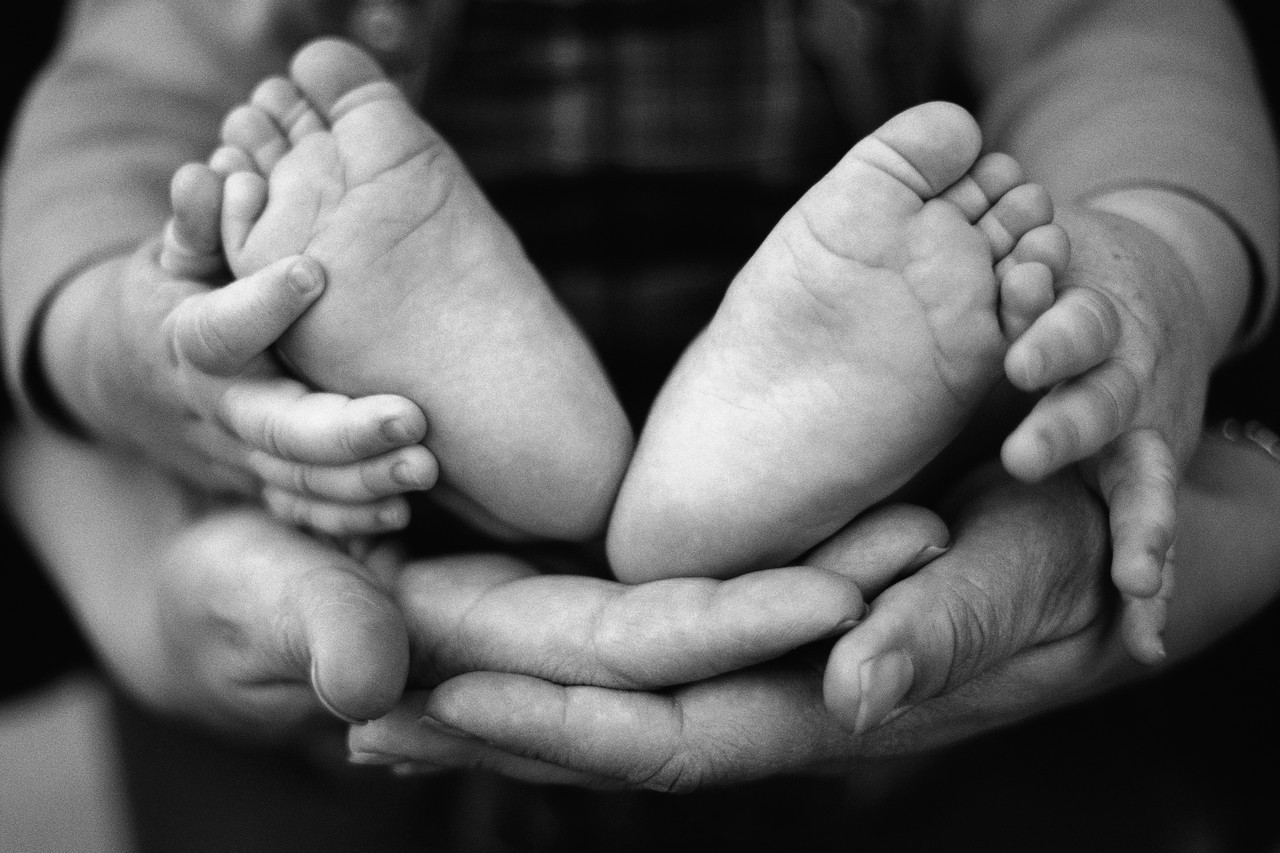As an avid reader I often find myself coming across quotes, phrases, and written gems that are so beautifully compiled by others. One such term is “inconvenient existence” that was used to describe a character by Jo Malone who felt as though she was an unwanted hindrance to her family. I was immediately struck by this term as it applies so perfectly to the way many feel about pregnant women and breastfeeding mothers and their nurslings.
As a former breastfeeding mom turned breastfeeding advocate, the term largely conveys the feeling that surrounds these moms by a society that is, still hugely aloof, at best, and at its worst in denial about the importance of this issue and why support is paramount. While many tout a mantra that the US is a country whose foundation is built on family values, our country is at odds with this sentimentality. If you need convincing, this is demonstrated by a shocking maternal mortality rate that many seem to either not know or care about, sub-par maternity leave policies, and a contradictory, puritanical view and general disdain for what is perceived as an inconvenient or uncomfortable act between mom and baby. There is most certainly a break between rhetoric and reality.
Breastmilk provides nourishment and breastfeeding is nurturing the way Nature intended. Not all moms do it and this is not an essay in judgement. Making milk for their offspring is what the female body is designed to do. There is no need to shame those who don’t do it, yet, there is a continuing need to understand this societal backlash and indifference towards breastfeeding women and their rights.
Many women face a decision they shouldn’t have to: continuing to nurse or provide breastmilk after returning to work. While our national breastfeeding initiation rates are the highest ever, there is still a drop off as moms return to work.
The debate that surrounds this issue is long and outdated. It is a matter of fact that it is time we dismiss the discussions that aim to dismantle systematic support of breastfeeding and turn energies, funds, and initiatives to the inclusion of breastfeeding support initiatives. It’s healthy. It’s cost effective. It’s got measurable ROI. It saves healthcare-related costs for families, mothers, and babies.
As for breastfeeding itself, it is natural but it doesn’t always come naturally. It has been done for thousands of years by women around the globe though it is a learned skill. Making milk specifically tailored and designed by the mom for her baby, producing breastmilk is a miraculous feat in and of itself, it is something that should be celebrated. It truly is among the best in preventive health measures by reducing the risk and occurrence of a myriad of conditions, illnesses, and diseases for both mom and baby. So why do we continue to say “bring on the babies” and then have an issue with a baby being nurtured and nourished especially if it can improve health and wellness of our fellow humans?
Moms are in every segment of our society and the workplace is no exception. Returning to work as a breastfeeding and pumping mom is cited as a top reason many women stop breastfeeding earlier than recommended and the lack of programs and workplace space and support can be a major barrier for many though it needn’t be. The ACA includes breastfeeding-related guidance an mandates for employers but many women are finding that they have to fight for those basic amenities. There is a huge benefit for employers to be a support for their pregnant and breastfeeding employees and for companies who are in constant search of savings and retention of employees, this one is a no-brainer. From a numbers perspective, it is less costly to retain a loyal employee versus recruiting and training a new one. Whether offering information, education, and supplies or just the private space to pump, employees with these benefits feel like that they are more than just a number to their employer and that they are valued especially when going through a life event like the birth of a baby.
All moms, whether breastfeeding or not, are doing their best to provide a safe, healthy and happy life for their children. These are your colleagues, they are your friends, they are your sisters, aunts, cousins. After having a baby, there certainly is more compassion we can show to these working women who are just trying to balance breastfeeding and their working life. Let’s reframe the conversation. Breastfeeding moms are no exception and certainly not leading an inconvenient existence.


